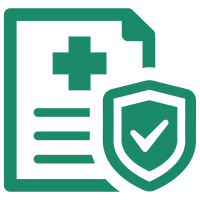
Medically Reviewed by Dr. Saira Zulfiqar, PharmD
QUICK LINKS
- Comparing CBD and THC
- What is Cannabidiol (CBD)?
- What is THC (Tetrahydrocannabinol)?
- What affects how long CBD stays in your system?
- What is Topical CBD?
- How Long Do the Effects Last?
- How Your Body Stores CBD
- Will CBD Show on a Drug Test?
- What if I’m Breastfeeding?
- How Long Does 10mg CBD Stay in the System?
- How Do You Clear Your System of CBD?
- Detox Kits
- Test Clear – Toxin Rid
- Summary
Cannabidiol, or CBD for short, is the second most common active component in the cannabis (hemp) plant. While CBD is an essential component of medical marijuana, it is produced in a laboratory and derived directly from the hemp plant, a cousin of marijuana.
CBD is one of several hundreds of chemicals found in the hemp plant that does not produce a psychoactive ‘high.’
Therefore, it is legal to purchase in all 50 states without a prescription or medical marijuana card, making it an appealing option for people looking to buy CBD online.
KEY TAKEAWAYS
- CBD’s Nature: CBD, derived from cannabis, doesn’t produce a ‘high.’ It’s legally available in all 50 states.
- CBD’s Duration: CBD’s effects last 2 to 6 hours, influenced by dosage and body type. Its presence varies among users.
- Drug Tests and CBD: Most drug tests screen for THC, not CBD. Some CBD products might contain trace amounts of THC amounts.
- Breastfeeding Caution: The FDA advises against CBD during breastfeeding. Its effects on breastfed infants are not fully known.
Medically, CBD has been shown to help with seizures, poor sleep, anxiety, and nausea. However, there hasn’t been much substantial research done on how long CBD can stay in your system or how it metabolizes.
Experiences with CBD are incredibly varied depending on how you consume it. Many people report feeling relaxed after taking CBD in tincture, oil, or edible form.
The use of CBD comes in many forms, such as oil, capsules, and sprays, and pure CBD does not cause any psychoactive effects. Notably, CBD does not get people high like THC (the psychoactive chemical compound in cannabis that causes the ‘high’ feeling).
Routine drug tests generally do not include measures for levels of phytocannabinoids like CBD. However, several studies in the field have noted how subjects who consumed CBD-only products for three weeks or more tested positive when screened at the beginning of the trial for levels of cannabinoids indicative of recent consumption.
Taking CBD products regularly over time (with varying dose amounts) could be detected in your system. This detection raises how long CBD stays in your system and is often one of potential users’ top concerns when trying CBD.
The length of time it remains depends on many factors, but first, we need to understand CBD and THC and their differences.
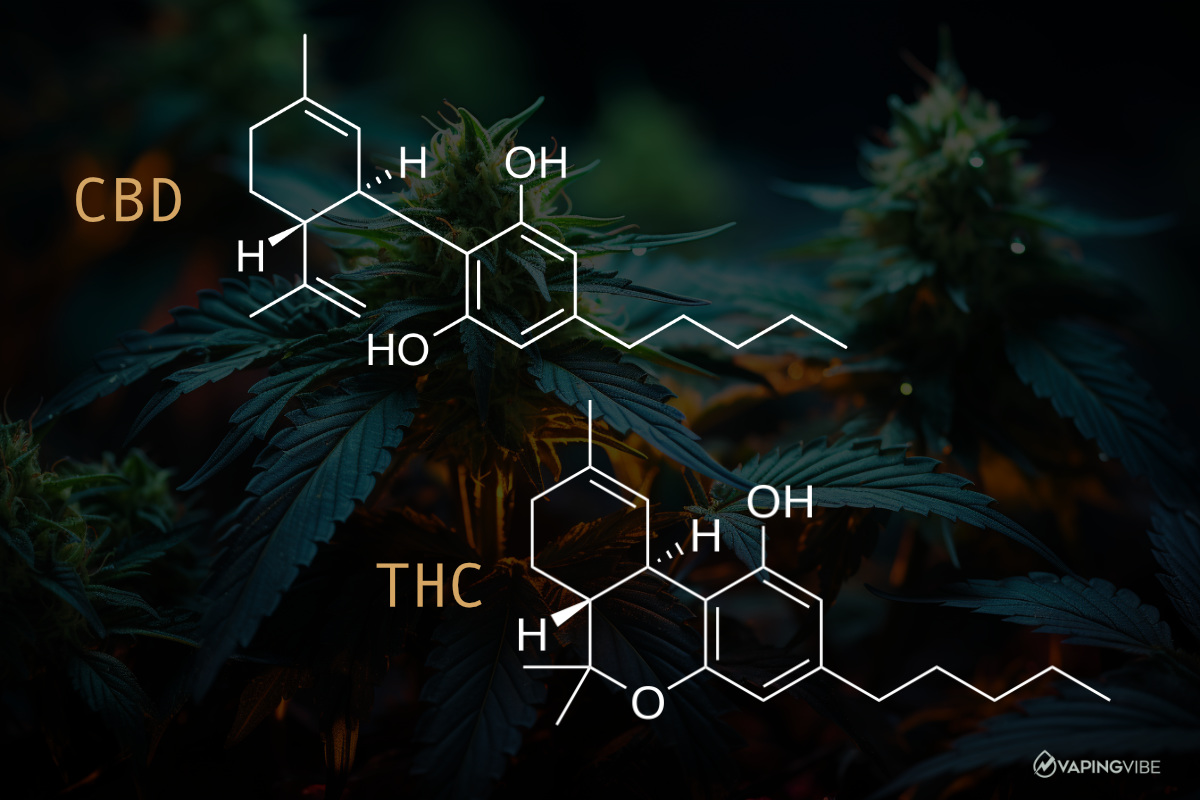
Comparing CBD and THC
Cannabidiol has become popular due to its non-intoxicating properties and potential health benefits. Cannabidiol, an abundant component of the cannabis plant, has been proven to assist with various physical and mental problems.
CBD may help people with chronic pain, poor sleep, anxiety disorders, swelling and other mental health issues. Numerous studies have shown CBD to reduce swelling and pain . CBD’s anti-inflammatory properties make it an attractive option for many ailments. CBD treatments are also gaining attention from notable research and education institutions worldwide.
Cannabidiol (CBD) and delta-8 THC are similar on a chemical level. Both bind to CB1 & CB2 receptors that exist throughout the body. This is why it is important to consider both chemicals. It will help you understand how CBD works and answer how long CBD stays in your system.
Let’s start from the beginning – the cannabis plant.
A cannabis plant has two notable species: hemp and marijuana.
What are the primary distinctions between these two species? CBD is high in hemp, whereas THC is very high in marijuana, i.e., 25-35%. As a result, all legal CBD goods must be produced from hemp. In general, each hemp plant produces one pound of crude CBD oil which can then be refined into different products. At the same time, controlled THC items will be manufactured from marijuana.
The major cannabinoids in cannabis are CBDA and THC, which are primarily found in the flowers, leaves, and stalks of their plants. Industrial hemp is high in CBD, which explains why spectrum CBD oil is made from hemp seeds.
While the flowers of these two plants may seem identical, their cannabinoid makeup is quite distinct. Because CBD is structurally similar to THC, we can draw valuable conclusions from what we know about THC and use it to describe CBD.
Since CBD and THC are so similar, they stay in your body for roughly the same length. Because of their near resemblance, our bodies store and process these cannabinoids, detecting CBD like THC. When you’re only using CBD, false positives for THC may be shown by urine tests This is because CBD oil may sometimes contain trace amounts of THC.
Let’s get more into these two similar but different cannabinoids.
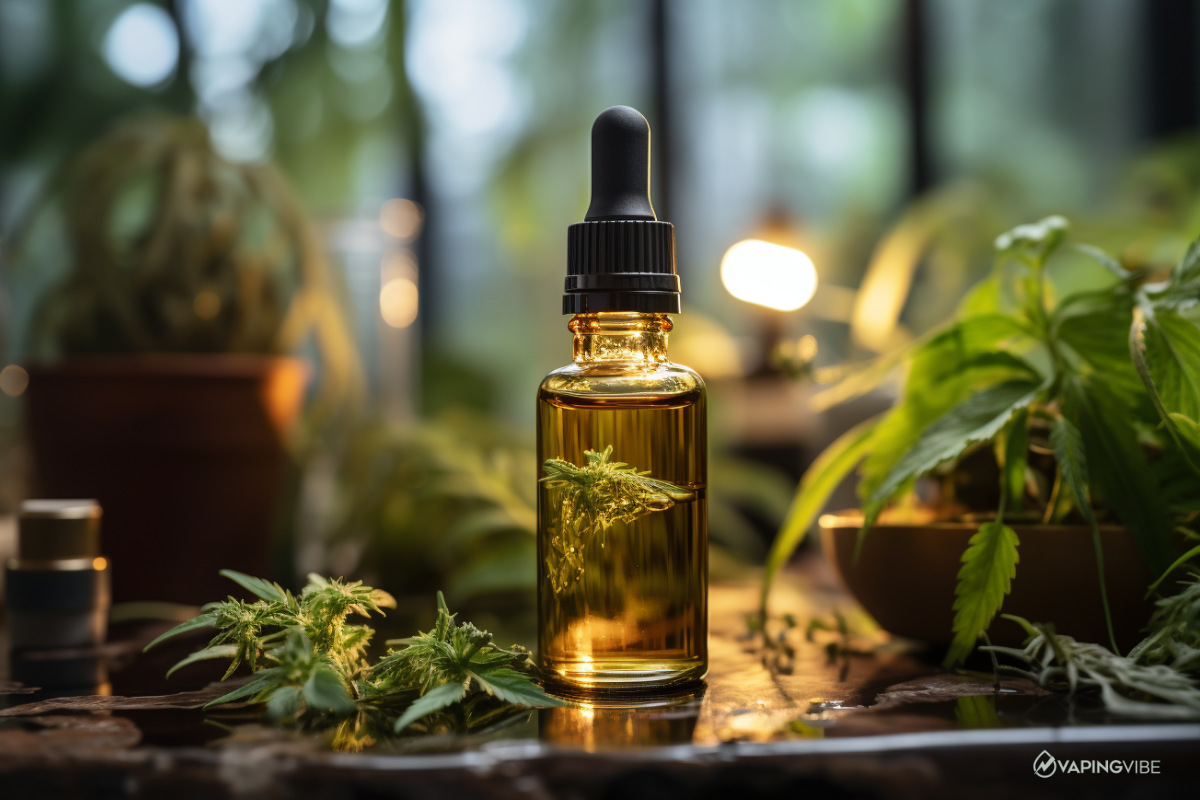
What is Cannabidiol (CBD)?
CBD is a non-intoxicating chemical found in the hemp species. Nonetheless, some people are suspicious of its use because of its origin, i.e., cannabis plant. They fear testing positive for drug tests.
This fear is not baseless. However, it’s important to distinguish between CBD and THC; the latter of which is psychoactive and shows up on drug screening tests.
CBD oil does not produce the same effects as THC. You will not get high if you utilize CBD isolate or a broad-spectrum of CBD.
CBD has a half-life of around 14 hours, so it may take up to one week for its effects to wear off. Half-life is the time your body takes to remove one-half of the drug from the body. The effects of CBD can last anywhere from several hours to several weeks, depending on the person and the situation.
It depends on many variables, including gender, weight (body type), and body composition (the amount of fat), how often you’ve taken CBD, how potent it was, and how your body reacts to the intake.
Since the enactment of Farm Bill 2018, hemp-derived CBD oil products are entirely legal in the United States. However, much remains to learn about CBD’s relationship with the human body and how long it stays in your system.
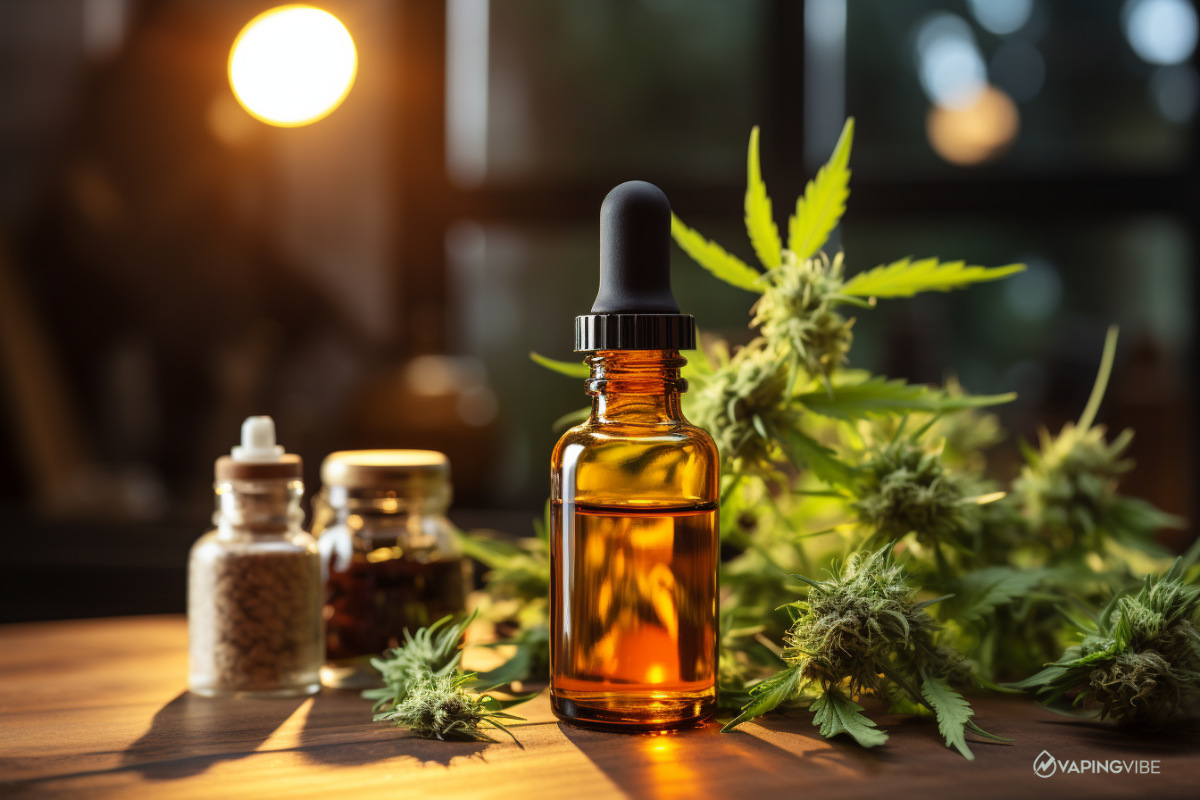
What is THC (Tetrahydrocannabinol)?
THC is the psychoactive component in the cannabis plant that people use recreationally and for other purposes. When you eat or smoke things containing a high quantity of THC, you become “high.” Some people like it, while others dislike it. THC has many health advantages, including pain reductions and stimulating hunger. The half-life of THC is approximately seven hours.
The time it takes for THC to reach your urine is around two hours. Although certain CBD goods contain a tiny amount of THC, a tolerance limit exists. For example, a full-spectrum CBD tincture can have up to 0.3 percent THC under federal law.
The federal law now exists so that nearly all CBD products are derived legally. It is also legal to cultivate hemp in the United States.While the effects of THC go away after a few hours, you may want to know how long THC stays in your system? and for how long you can test positive for being high on THC. This question arises because traces of THC metabolites may be present in a person’s urine for days or weeks after use.
What affects how long CBD stays in your system?
There are a few things to consider while determining how long CBD stays in your system.
How much do you use CBD?
The longer CBD stays in your system, the more time it has to interact with other chemicals and cause adverse effects. The higher the dose, the longer it takes to leave your body, as with all medicines.
How Often Do You Use CBD?
The frequency can determine how long CBD remains in your body when you take it. If you use CBD regularly, it will accumulate in your system over time. This accumulative effect is why you should take it for at least a week to notice its effects.
If you only use CBD once in a while, your body will eliminate it more quickly.
Your Body
Everyone’s body is unique, so CBD and other cannabinoids influence individuals differently.
While it’s true that CBD can last in your system for extended periods, how long it stays is mainly determined by certain things, such as your body mass index, water content, and metabolism.
Your Body Type
Your gender will affect how long CBD levels stay in your system. Men typically have a faster metabolism than women. Thus, they’ll excrete the CBD from their systems at a faster rate. This means women can store it longer than men before it becomes noticeable.
Your Diet
The type of food you eat, how much you consume, and when you eat can all impact you. CBD is metabolized in the body and eliminated more quickly if taken on an empty stomach than when ingested on a full stomach which slows down digestion.
Method of Use
There are several methods ofconsuming CBD. These methods include how you take it, how much you consume, how often, and the consumption mode.
Different forms of CBD include:
- Vaping
- Edibles
- Oils and tinctures
- Pills and capsules
- Topicals
Edibles are metabolized more slowly than vapes and sublingual CBD This means that the effects will be more potent even with smaller dosages. If you’re using CBD chronic pain, the dosage may need to be stronger than what you’d use for something like anxiety or depression.
When vaping, CBD goes straight into your lungs. How it stays in your system is influenced by how frequently you take draws. Quicker-acting oils and tinctures placed under the tongue are absorbed into the circulation more quickly and stay in your body longer.
Creams and lotions are also difficult to enter and exit the body. So their effect lasts longer.
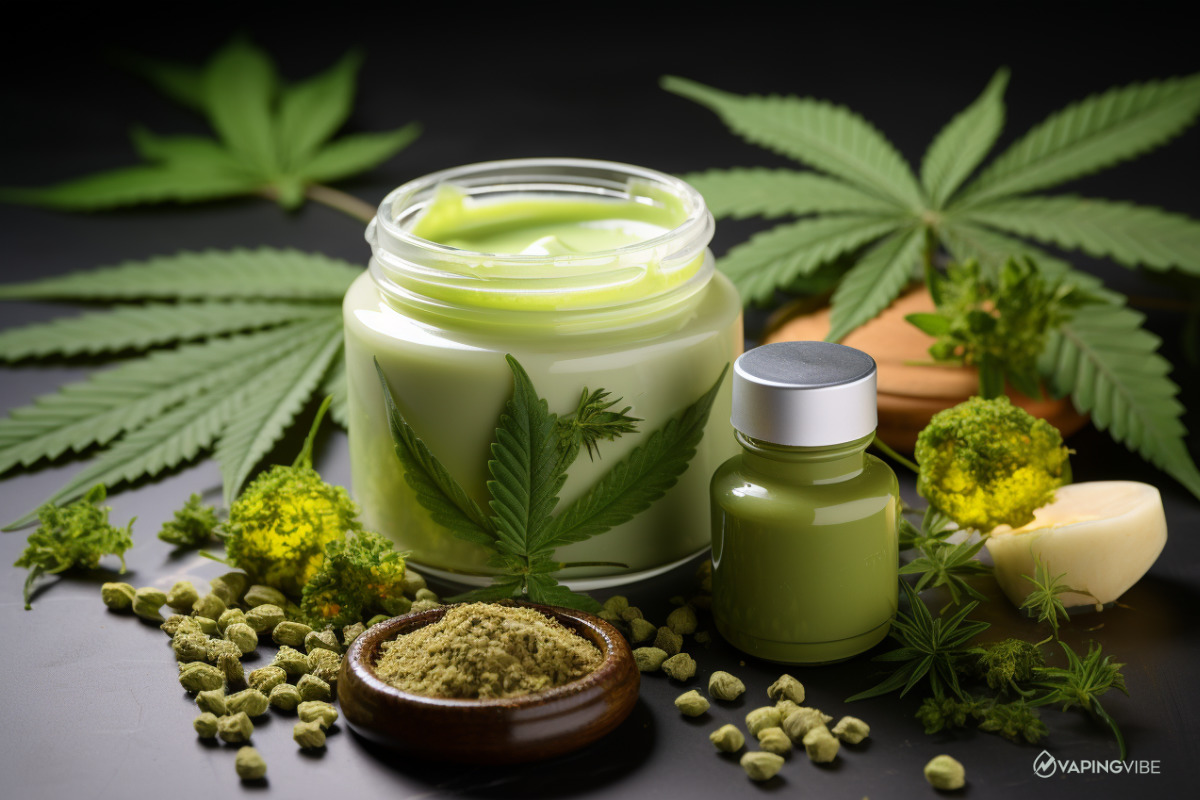
What is Topical CBD?
Topical CBD products are preparations that you apply to the skin. These include lotions, creams, balms, salves, and gel. CBD is also absorbed through the skin and carried into our circulation. However, with this technique, CBD’s bioavailability is minimal.
How long does it take for the effects to work?
It depends on several factors.
The administration, dose, and body composition all influence how quickly CBD will act and affect you.
CBD has a quick onset time, with most people feeling its effects within 15 minutes of using it sublingually or vaping. It can take an hour or two for edibles and topical products to work their magic.
How Long Do the Effects Last?
Again, it all depends on your body, how much you consume, and how you consume it. CBD’s effects, however, can generally last for 2 to 6 hours. However, some people have reported that CBD relieves them for days or weeks, depending on how much they use.
How Your Body Stores CBD
When you take CBD oil at a constant dosage of 32 mg per day, there are 16 mg left in your body after 24 hours. After another 24 hours, you’ll have 8 mg. This process is called halving and is repeated until no more trace of the drug is found in your system.
The CBD may be eliminated from your body within a few days (depending on how much you took). Still, the metabolites that process it will be kept for weeks, if not longer. So, while you won’t have any pure CBD molecules around, you’ll still have the residual byproducts.
The chemical components of CBD are fat-soluble, which means they’re stored in fat cells. Using a tincture with full-spectrum CBD, the cannabinoid is absorbed into the fatty tissues (just like THC).
As CBD is stored in fat cells, people with a more extensive body mass index and more fat will hold more. The time it takes to break down the CBD in your body is reduced. The longer it takes to decompose all of the CBD you’ve stored in these fat cells, the more fat you have in your body.
The following are some of the people’s primary concerns when taking CBD oil:
- Does CBD show up on a drug test? These aspects are considered while determining whether or not CBD shows up in their system.
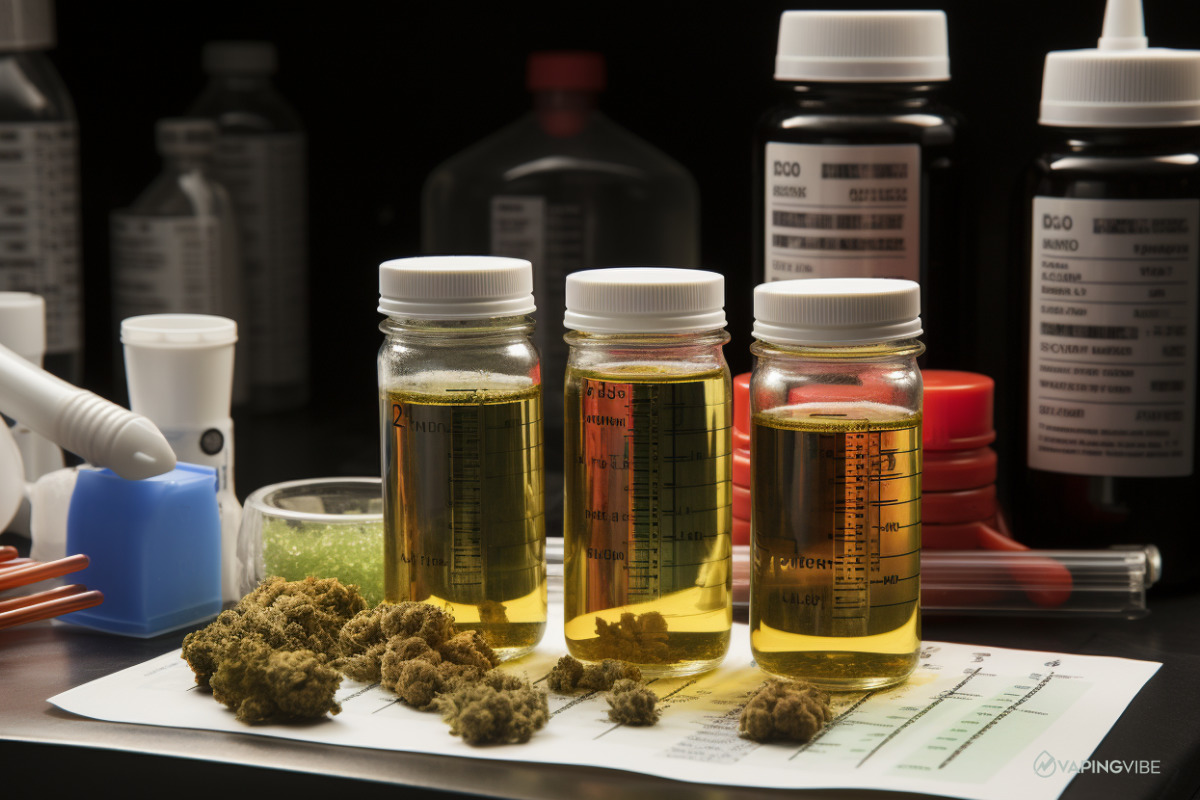
Will CBD Show on a Drug Test?
CBD will not show up on most drug tests unless your CBD product contains THC. THC is the main active component in marijuana and is responsible for the “high” sensation.
Most drug tests aim to determine the amount of THC in your body. THC is the only element tested for in drug tests, not CBD. CBD does not show on most drug screens, but THC will always do so.
THC is present in trace amounts in many CBD products. The composition and quality may cause a positive drug test result.
If you’re worried about THC levels, keep an eye on the type of CBD products you buy. Here’s a quick rundown:
- Full-spectrum CBD. Full-spectrum CBD extracts contain all of the plant’s naturally occurring components, including THC.
- Broad-spectrum CBD. This is comparable to full-spectrum CBD, but it goes through a process to remove THC.
- CBD Isolate. The most common type is hemp oil made with cannabidiol (CBD) isolated from the entire hemp plant. This option only includes CBD.
Because THC is present in traces in many CBD products, taking a urine test might result in a positive THC test. Since it may still be detected in urine tests, however, the amount of THC contained within legal CBD preparations is so minute that drug tests for THC will not indicate positive.
The following drug tests are far more reliable, and they may detect even tiny traces of THC:
- Urine drug tests
- saliva tests
- hair tests
- blood tests
It’s critical to avoid any false positives for THC on a drug test by verifying that the CBD product is from hemp rather than marijuana. Hemp-derived CBD must contain less than 0.3 percent THC, an extremely tiny amount. This quantity is generally insufficient to show up on a drug test.
Marijuana-derived CBD can have significantly more THC than cannabidiol. Some marijuana-derived CBD products contain THC levels that are over 20%. That is more than enough to cause a positive result on a drug test.
In addition, the quality of the drug test may impact positive findings. The lower the quality of the drug test, the less likely it is that a false positive for THC will occur. If this puts you at ease, stick to CBD products that are either broad-spectrum or CBD isolate. While full-spectrum CBD products can contain up to 0.3 percent THC, CBD isolate products contain no THC.
Look for hemp-derived CBD rather than marijuana-derived CBD if you choose a full-spectrum product. Hemp-derived CBD must have less than 0.3 percent THC because it is legally defined as hemp-derived. CBD isolates are “pure” CBD concentrations and the best option to pass drug test screens as they will have no traces of THC.
What if I’m Breastfeeding?
While breastfeeding, CBD isn’t advised. If you intend to breastfeed in the future, avoid using CBD for at least one week before.
Because of the lack of comprehensive research on CBD’s effects on breastfed babies, the Food and Drug Administration advises against it. It’s always recommended to err on the side of caution. What we do know so far is that some CBD is present in breast milk, according to the FDA.
CBD products may also include THC and other substances that might harm a breastfed infant. There is still much to learn, but it’s best to avoid using CBD while pregnant or breastfeeding until researchers know more.
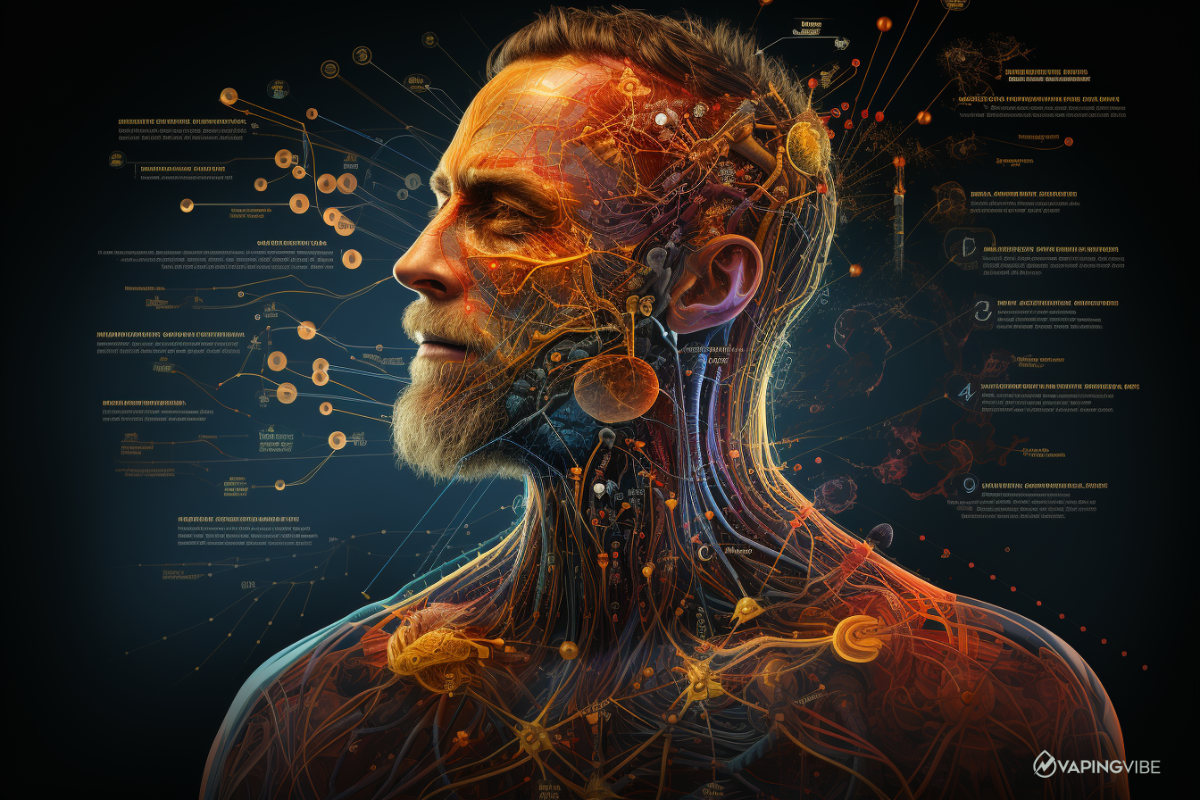
How Long Does 10mg CBD Stay in the System?
How long will it stay in your system if you take 10mg of CBD oil (CBD isolate)? How much and how often it was taken previously will determine how quickly your body can distribute that amount of CBD.
A dose of 10mg will not make a noticeable difference within a short period, such as hours. It might not even be detectable in urine or blood after 24 hours.
How Do You Clear Your System of CBD?
There are many ways of clearing CBD from your system. One way is to exercise, which gets your body working and speeds up how fast it gets rid of CBD. Another is to drink plenty of water. This helps eliminate the metabolites in your urine, the remnants in your system after consumption.
Detox Kits
Detox Kits can help if you need to pass a drug test, and they can speed up the process and flush out the traces of THC from your system. Try one of these drinks before testing if you need to clear out THC quickly.
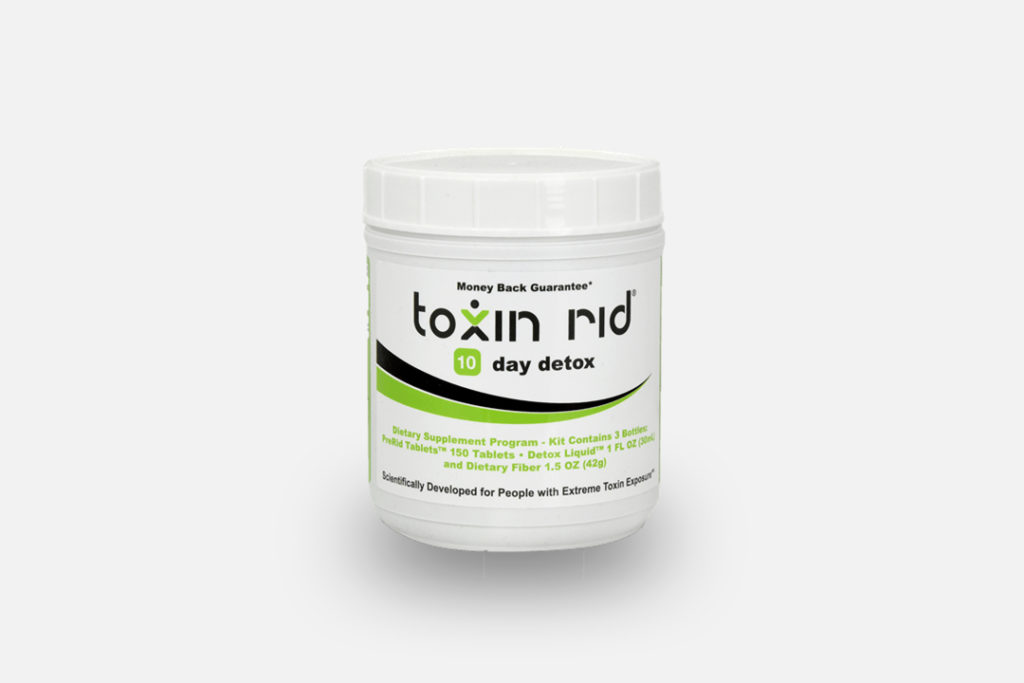
Test Clear – Toxin Rid
Toxin Rid is a wonderful detox tool, our number one choice before taking a urine drug test. With the Toxin Rid 10-Days program, you can eliminate even the most severe THC concerns and it comes with a Money-Back Guarantee.
Summary
Although CBD stays in your system for some time, how long CBD stays depends mainly on how you consume it, how long it lasts, and how strong its effects vary among people.
Typically, most methods of taking CBD will take as little as 15 minutes for CBD to work its magic. On the other hand, edibles can take up to an hour or more, depending on how much you use and how often you’ve eaten them.
CBD is a great natural alternative to pharmaceutical drugs. However, knowing how long CBD stays in your system is crucial if you have a drug test scheduled.This knowledge will assist you with understanding how best to start your CBD journey.

